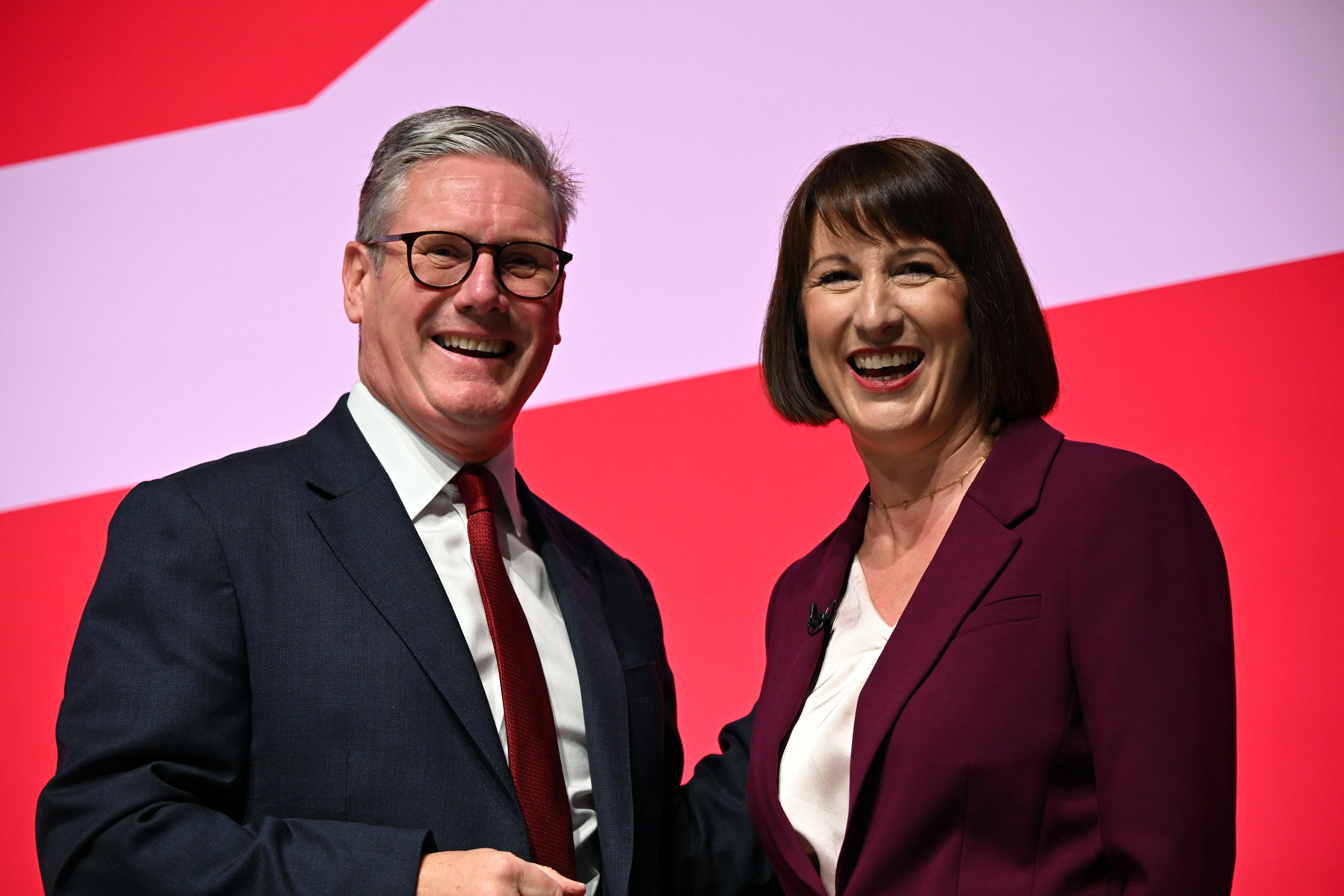
Rachel Reeves has confirmed that employer national insurance contributions (NICs) will rise following an announcement at Labour’s first Budget.
The measure has caused strong political debate, focused on whether it would break Labour’s manifesto pledge to not raise taxes on “working people.”
Ministers and Treasury officials have indicated the government’s position is that the measure would not break their manifesto pledge. Meanwhile, Institute for Fiscal Studies director Paul Johnson has argued it would be a “straightforward breach.”
Here are the facts about the debate and how the measure could affect you:
What are employer NICs?
Labour has confirmed that national insurance contributions (NICs) are set to rise by 1.2 per cent. The tax is the contribution paid by employers on top of their employee’s wages.
It will increase from 1.8 per cent to 15 per cent from April 2025.
The chancellor also confirmed Labour will cut the earnings threshold at which employers start paying this levy from £9,000 to £5,000.
Previously, employers paid NICs on all earnings above £175 a week at 13.8 per cent. This is a flat rate, meaning it does not increase or decrease after certain earnings thresholds. It is deducted and set aside for HMRC before wages are paid out.
This means that, for someone earning £20,000 this year, their employer would pay £1,504 in NICs. This increases to £4,264 for an employee earning £40,000, to £7,024 for £60,000 and so on.

This is paid on top of earnings and is completely separate from employees’ NIC contributions which are automatically deducted from their wages.
Small employers can claim an ‘employment allowance’ which gives them a deduction on NIC contributions below £5,000, provided the NIC they paid or still owe for the previous year was below £100,000.
Importantly, employees should not be made to pay towards their employer’s NICs. Employers are legally obliged to pay for this out of their own funds, so in this sense, it is a direct tax on business, not individual incomes.
Critics argue that Labour is trying to pass off a hike on employer contributions as a tax on business, not employees. While perhaps technically true, some experts have said this is a semantic trick which does not reflect reality.
Why is the measure controversial?
While employer NICs are not meant to be passed on to employees directly, experts point out they often are indirectly as businesses look to offset the expense.
Stuart Adam, senior economist at the IFS said: “Employer National Insurance contributions (NICs) are a tax on the earnings of working people.

“In the long run, we would expect the majority of a rise in employer NICs to be passed on to workers in the form of lower wages, which would in turn mean lower income tax and employee NICs liabilities.”
The tax expert adds that in the extreme case that an increase of one pence per pound in employer NICs was passed on to employees in the form of lower wages, the measure would only net £4.5 billion a year. He adds that the end figure would probably be a little higher than this, but much less than a previous HMRC estimate of £8.5 billion.










